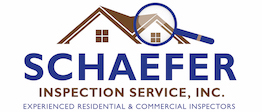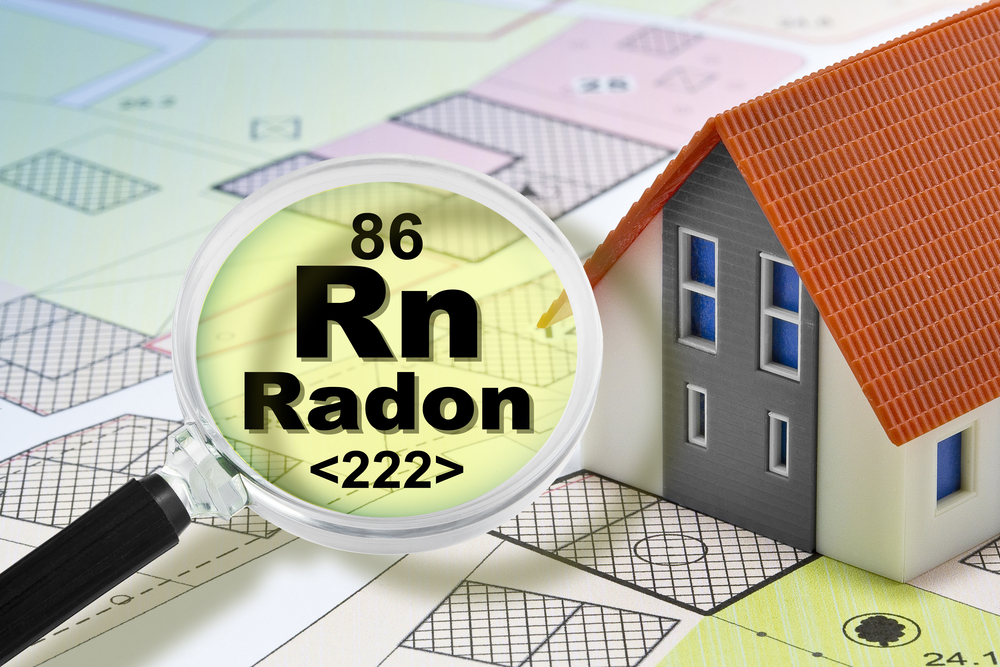What is Radon? Why should I test for Radon?
Radon is a naturally occurring gas that results from the breakdown of uranium. It is present in most rock, soil and water. It enters the home through the cracks or other holes in the foundation or through the well. The air pressure outside of the home is significantly higher than within, thus a vacuum-like effect draws the radon gas into the home. It is a class A carcinogen, meaning it is known to cause cancer in humans. The EPA and surgeon general have stated that radon is the second leading cause of lung cancer, and the first cause for non-smokers.
Radon is odorless, colorless, and tasteless; therefore, every home should be tested to determine what your levels are. The inspection period is your opportunity to gather as much information on your potential home, so you can make an educated decision regarding your purchase. These results can be especially important for those purchasing home with finished lower levels, have children, or will be spending time in the basement . Fortunately, if the radon levels are elevated, 4.0 pci/L or greater, it is a treatable condition. For levels that fall at or above 4.0 pCi/L, the installation of a radon mitigation system by a qualifies professional is recommended. Companies that offer remediation and mitigation services must also employ an individual who is nationally certified in radon mitigation by NRPP or NRSB
[1]. Through effective remediation techniques, even homes remarkably exceeding the “recommended action level” can successfully be reduced to below 4.0pCi/L. There is no safe level of radon gas therefore corrective actions can also be employed to improve levels between 2.0 pCi/L – 4.0 pCi/L [2]. For levels within this range, improvements such as sealing cracks in the basement slab and foundation walls as well as covering sump pumps. Etc. may be considered. These types of improvements for lowering radon levels should be explored; however, it is not the “recommended action level” for installing a mitigation system.
If you need an inspection or radon test or have any questions or concerns regarding your radon report, test results, or what action (if any) you should take, feel free to contact us at 800-345-2776. We are happy to answer any questions you may have.
[1] “consumers Guide to Radon Reduction” www.ct.gov. U.S. EPA, 402-k-03-002, Revised February 2003 Retrieved August 29 2014 [2] “A Citizen’s Guide to Radon”. www.epa.gov. United States Environmental Protection Agency. October 12, 201. Retrieved august 29, 2014


